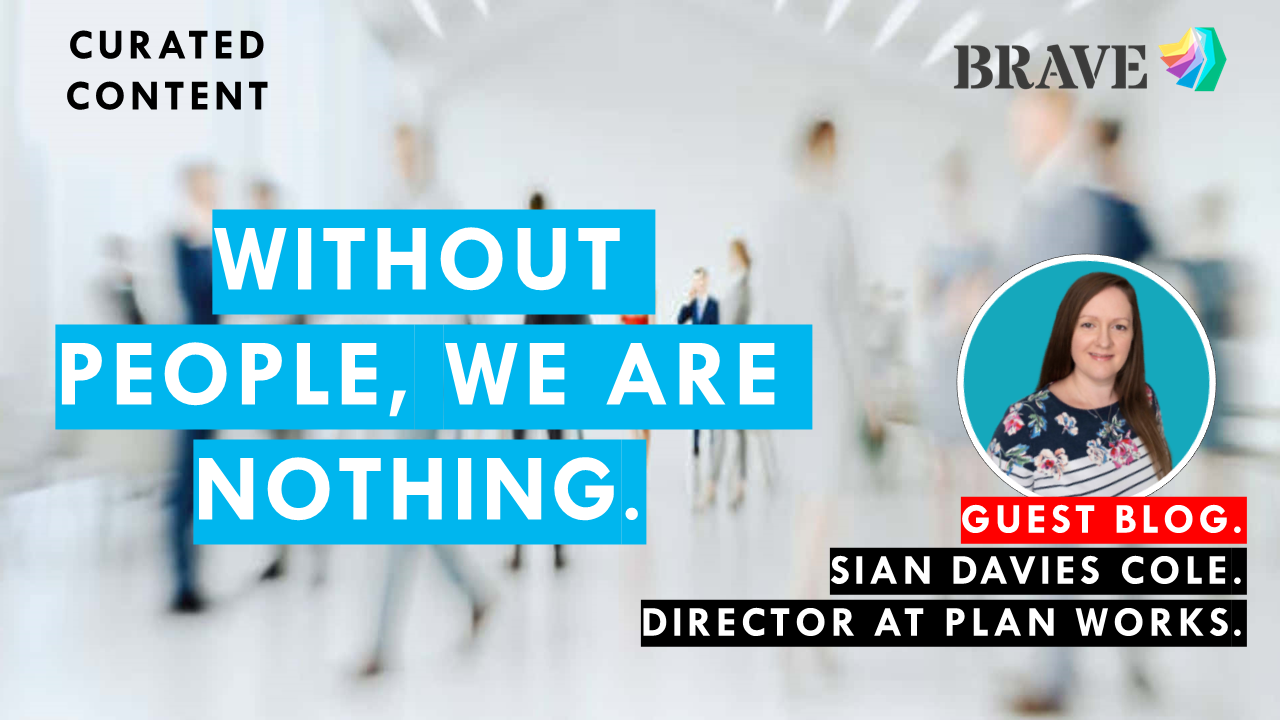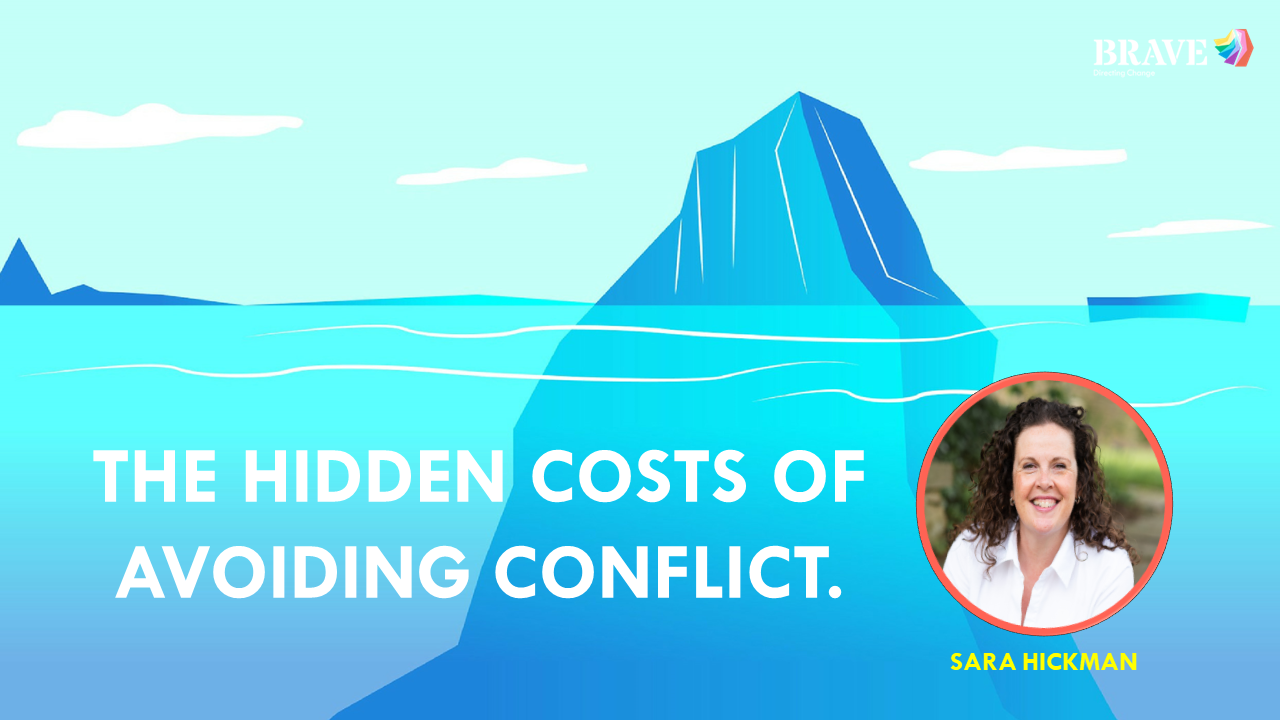In the world of financial planning, where we are working with clients, helping them understand and achieve their goals, we are sometimes doing the people that work in our profession a disservice.
In my vast experience of working in different types of firms, with various teams and management styles, I’ve seen those that are happy stay with the same firm for years and show true dedication. I’ve also seen more people look at switching jobs as a challenge to be achieved because there are still a lot of bad practices – unfortunately, especially in small businesses.
I personally know the difficulties of managing a small business, but the key for business owners is not to take on everything yourself. Determine those non-negotiable things in the business, and looking after your people is one of those.
Rule #1: Look after your people
I’ve been part of financial planning teams for more than 10 years now, and this isn’t about the official team manager alone – great culture is created when everyone in a team looks after one another.
I’ve been on a number of sides within financial planning teams – a junior member of a team, a paraplanner, senior paraplanner, team manager, head of paraplanning, and now a business owner, managing the business and the paraplanning team.
Now that I’m on the business ownership/management side, I believe even less that there’s a good “business” reason not to look after people.
So often through the mentoring scheme that I created, we hear from administrators and paraplanners that they just aren’t being treated well. Exams and memberships not being paid for or supported by employers, no sick pay and a very limited amount of holiday are a small number of things that are grating on people in our profession at the moment.
As a business owner, I know all this comes at a cost, but if you truly want your business to be successful, looking after your people is key.
Obviously, a successful business looks different to each business owner – for me, I was to do some good in the world. We have engrained “happiness” as one of our key values because as much as I want to have a nice life for myself, I want it for others too. But we shouldn’t ignore that happier people are more productive and committed people. This is good for business!
So, how do you look after your people?
The first and most important thing is for each team to have a specific person that is responsible for the people in that team. Responsible for their workload, productivity, wellbeing and general happiness at work. In my opinion, this person should be someone that understands the job those in the team are doing – if they have personal experience of the job, that’s even better, but having a good understanding of the actual tasks and skills involved, and the personality type of those doing the job, is important.
The other trait they need is to have an actual interest in other people’s well-being. For most people, they want to ensure they have an outlet, feel that they are being listened to and are progressing. For some, this looks like building skills or increasing pay; for others, it’s about continuing to balance work and life. Understanding how to relate to all of these needs is a tough job and should not be underestimated.
Having one-to-one meetings with every member of the team on a regular basis – in my opinion, monthly is best – is a good way to “look after” a team. This confidential and private space builds trust, but it does work on both sides. Team members also have a responsibility to show up and take charge of their own happiness and development. We talk about this a lot within mentoring, and the making your own development happen is powerful and something we can all do.
Rule #2: Treat your colleagues like your family
Although your team will never be your family (unless you are actually related), there’s no reason why they cannot be your friends. That said, not all of us need more friends, but let’s not forget that as social beings, the connection between us is needed for us to thrive. Anyone who has read around financial well-being will understand that all the data and research leads us to conclude that living and happiness is about human connection.
Rule #3: Caring about others costs nothing
Financially, that is true, although there is an emotional cost, which we shouldn’t ignore. We know that not everyone has a deep, caring nature, although it is true that, generally, humans are caring. How does this show up in a team? There is no job role that includes “caring” as a responsibility within our profession; however, with the right culture, this is part and parcel of everyone in the team. Caring about others touches so many parts of our professional lives, from booking a holiday or time off work, dealing with our workloads or challenging others’ opinions.
Finally, I will say that looking after people should always be a work in progress. Humans are complex beings with needs that constantly change over time due to life events, hormones, health, as well as social change, and keeping up with how all these things can affect people showing up at work is a tough job.
Keeping an open mind and continually learning is a great way to look after people.
Sian Davies Cole
sian@plan-works.co.uk

